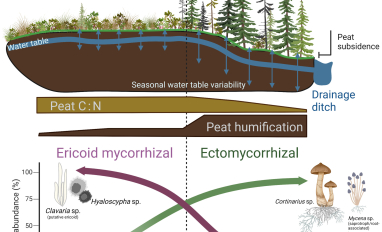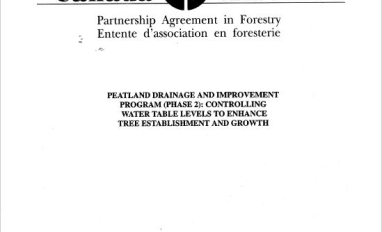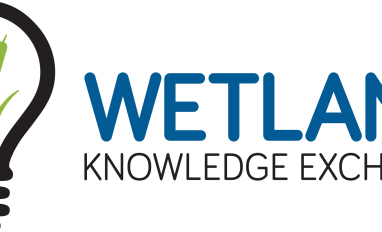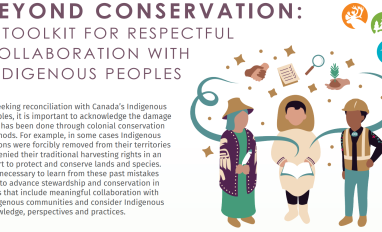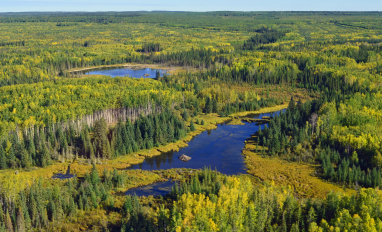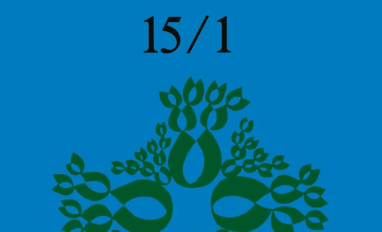Wetland Knowledge Resources
Resource
Author(s)
Camille Defrenne
Jessica Moore
Colin Tucker
Louis Lamit
Evan Kane
Randall Kolka
Rodney Chimner
Jason Keller
Erik Lilleskov
Drainage-induced encroachment by trees may have major effects on the carbon balance of northern peatlands, and responses of microbial communities are likely to play a central mechanistic role. We...
Resource
Author(s)
G.R. Hillman
J.D. Johnson
Sam Takyi
Three experimental forest drainage sites were established in Alberta’s boreal forest to determine the effects of lowered water tables on soils, local hydrology, ground vegetation composition and tree...
Resource
The Wetland Knowledge Exchange releases monthly newsletters that highlight new research, publications, news, interesting facts, events and more. In our June issue of the Wetland Knowledge Exchange...
Resource
This brief provides an overview of a toolkit that was created by the Indigenous Knowledge Circle of the NBCKC to support individuals and organizations seeking to learn how to do things differently...
Resource
Author(s)
Anke Günther
Alexandra Barthelmes
Vytas Huth
Hans Joosten
Gerald Jurasinski
Franziska Koebsch
John Couwenberg
Peatlands are strategic areas for climate change mitigation because of their matchless carbon stocks. Drained peatlands release this carbon to the atmosphere as carbon dioxide (CO2). Peatland...
Resource
Abstract Gas through-flow by pressurised ventilation is well known in floating-leaved aquatic plants. The ventilation system operates via different structural features in different species: being...
Resource
Nature-based climate solutions (NBCSs) are increasingly viewed as potentially significant contributors to combating climate change. They are of particular interest in countries such as Canada, which...
Resource
Author(s)
Aino Korrensalo
Tomáš Hájek
Timo Vesala
Lauri Mehtätalo
Eeva‐Stiina Tuittila
Resource Date:
November
2016
Plant functional types (PFTs) are used to make generalizations in modeling how plants impact ecosystem functioning. In boreal bogs the number of plant species is small, but several PFTs are...
Resource
Author(s)
Jos Verhoeven
Willem Koerselman
Boudewijn Beltman
Resource Date:
January
1988
Species-rich quaking fens have become rare in Western Europe. In Great Britain, Germany and The Netherlands they have been drained and turned into agricultural land. In The Netherlands small fens have...
Resource
Resource Date:
March
2023
This resource is available on an external database and may require a paid subscription to access it. It is included on the CCLM to support our goal of capturing and sharing the breadth of all...


